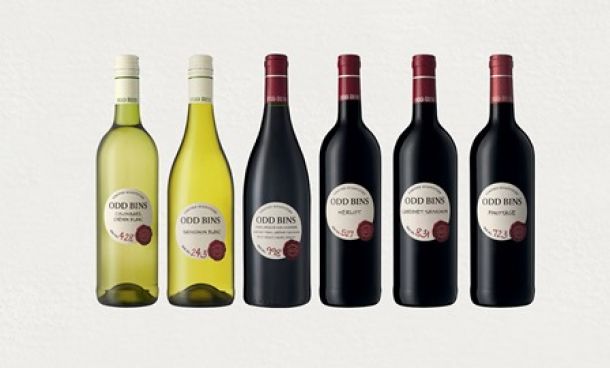Wine suppliers should use insights from global research to help effect category growth
A new global survey into wine retailing trends - which has identified the rise of convenience purchasing, online sales and store consolidation as major challenges - reinforces the importance for suppliers to better understand shopper demands and behaviour in order to achieve category growth.
That’s the response from category and shopper management specialist Bridgethorne to the survey commissioned by the organisers of the world’s largest wine and spirits trade fair, ProWein. The survey reported data from eight separate markets, which together account for half of global wine consumption. These markets were the US, the world’s largest market for wine; Germany and the UK, which are the world’s leading importers of wine; Australia and Japan, which are both experiencing volume growth and three major markets experiencing long term decline: France, Spain and Italy.
The survey reflected the trend in most mature markets towards buying groceries more often, in less quantity, with wine not immune from this move towards convenience shopping. In some markets, including the UK, this benefits the same retailers who are already prominent in other channels, for example, where the major multiples have extensive convenience networks.
The report also picked up on the growth of direct-to-home shopping undertaken online as well as the steady decline in small chain independent wine retailers in favour of the multiples. “Retailers and therefore suppliers must be aware of and plan for this changing shopper behaviour,” explained John Nevens, joint Managing Director of Bridgethorne. “The growth of convenience shopping could lead to a smaller range of wines being available with a focus on what are perceived by retailers to be the strongest, most reliable wine brands, which lend themselves more easily to a quick, purchasing decision.”
So, said Nevens, suppliers need to have an effective category strategy in place to discuss with retailers, which reflects the expectations and goals of both the supplier and the retailer. “Suppliers must regard it as their responsibility to help grow categories, increase margins and help the retailer deliver on its KPIs,” he said.
But it seems that while retailers are crying out for the data, analyses and reports that help them build the category as a whole, many suppliers continue to fail to carry out even these routine category management tasks. This, Nevens added, means crunching the numbers, completing the analyses, building the reports, undertaking the range reviews and using the insights from the data to show how to grow the category for the benefit of both themselves and the retailer, and how best to channel investment.
He summarised the issue by saying: “Simply supplying great products may no longer be enough. From our regular conversations with retailers and their buyers we know that there is frustration that, when it comes to trying to get products listed, suppliers are often missing solid category based rationales. They often don’t know how to extract the best insights from their data, or turn it into a selling story that resonates with the buyer. By sharing insights suppliers can offer retailers joint initiatives for category growth and create mutually beneficial trade investment plans”.
News Category
- International retailers
- On the move
- Awards and achievements
- Legislation
- Wine and liquor
- Africa
- Going green
- Supplier news
- Research tools
- Retailer trading results
- Supply chain
- Innovation and technology
- Economic factors
- Crime and security
- Store Openings
- Marketing and Promotions
- Social Responsibility
- Brand Press Office
Related Articles

Makro secures exclusive rights to SA’s most sou...

Checkers adds 41 new wines to Odd Bins range

With petrol at almost R20 a litre, food prices ...

Petrol price shocker for South Africa


